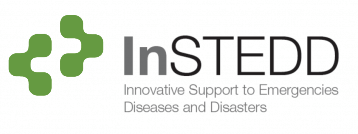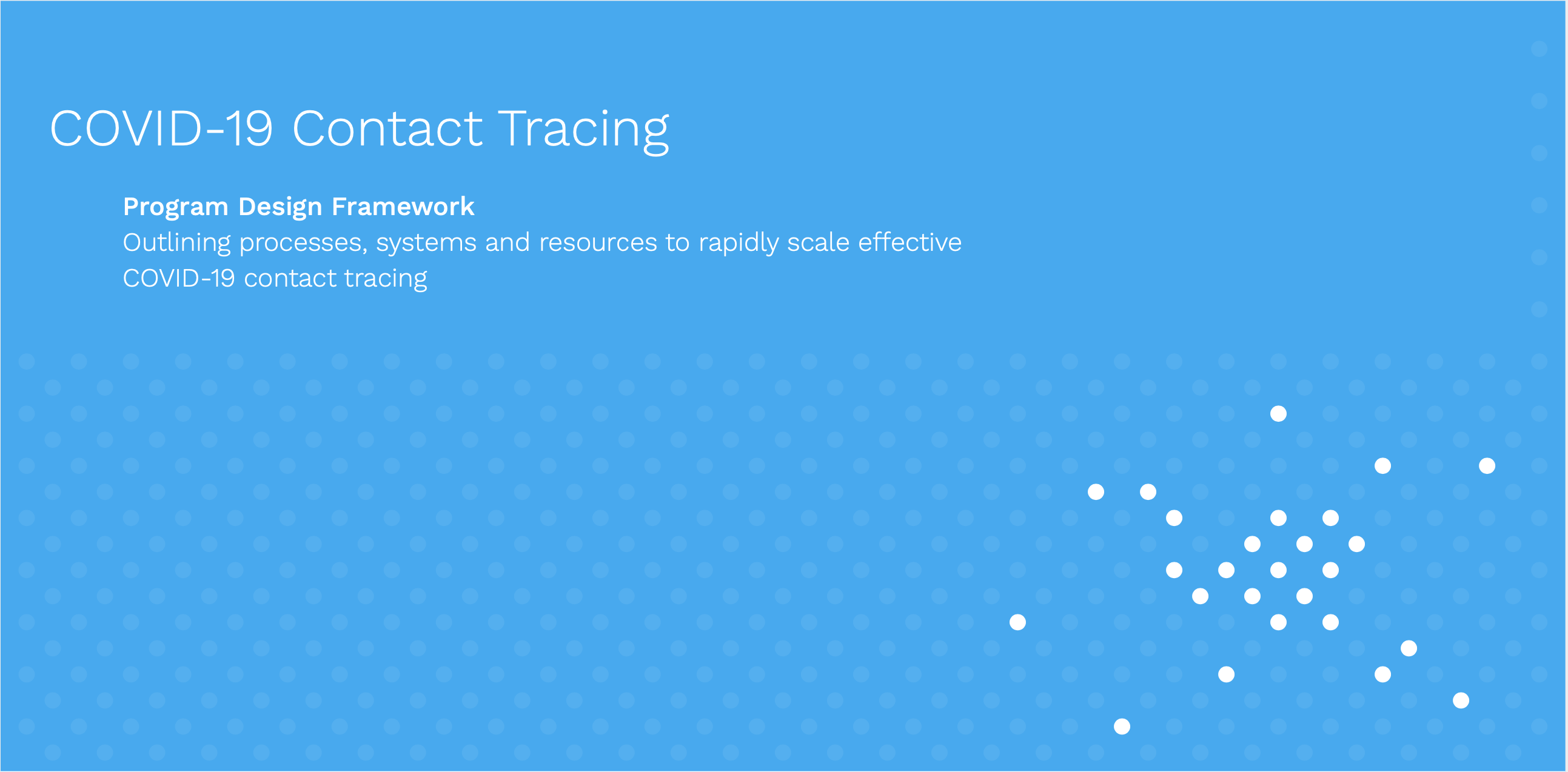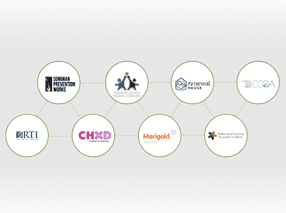At InSTEDD iLab Southeast Asia, “building local capacity is a crucial part of everything we do.” In October 2015, in collaboration with UNESCO Cambodia, we launched YouthMobile, a program to train university students how to build mobile applications.
In less than a week of open call for applications, we selected 20 out of 80 submitted applications. This showed a high enthusiasm among the young population who want to participate in the program to increase their technical capacity in mobile application.
The training program provided students a working space with trainers and mentors as well arrangement that enabling student to learn more about social challenges from social workers. So that so that they can learn coding mobile apps with focus on social issues they want to solve.
These sessions prepared the students to identify challenges, ideate, and develop mobile apps.
Participants started their first couple of weeks to get more exposure to social challenges and come up with challenges they want to take on. Before starting with what mobile apps to develop, the participants attended talk sessions shared by social experts:
- Mr. Chhay Sophal, a former journalist, book author and Access to Information Program Manager with UNESCO
- Mrs. Chor Chanthyda, a Senior Researcher at Cambodian Center for Human Rights
- Mr. Be Chantra, BarCamp Phnom Penh organizer
Sok Channy, a 23-years-old fourth-year student at Royal University of Phnom Penh, said of the YouthMobile training program: “I learn about prototyping, which is something new to me. I also enjoy working as a team to build a mobile app to make it easier finding civil society organisations in Cambodia.”
“Next thing is I really want to make an app that has not been available yet, but very useful.”
Pitch session
This is one of the most exciting sessions of this training program. Each student came up with a challenge. They also propose a mobile application solution by stressing why it’s so important before their peer. Not all proposed solutions go through for implementation, though. At the end of this pitching hour, at least four mobile app solutions were voted to go through. Trainees, whose voted app solution as a project, will lead their small team to carry it out as part of their learning to code and assignment to complete by the end of the training project, which is the end of December 2015.
Coding session
- Cordova
- Git version control
- Prototyping tool
- jQuery mobile
- Handlebarjs
- Ajax
- Web service
- Form validation
- PersistenceJS
For 10 intensive weeks, the participants worked as teams on the pitched projects. With each project, there is a team lead. Each team member was responsible for their tasks and deliverables within the timeline. While teaching them technical coding skills, Mrs. Lim Mouyleng, the iLab’s core trainer, helped guide them the steps to complete their projects.
After spending hours and hours on coding came the achievement. The four teams have the opportunity before a group of judges to present the final products of their work, which will be made available for both iOS and Android devices.
Built as open source projects, the source codes of these apps are available on GitHub:
- Scholarship by universities in Phnom Penh
- Road traffic app: Information on traffic law, traffic sign, traffic license, and emergency contact list
- NGO directory
- Bac II preparation exam sheet
The InSTEDD iLab Southeast Asia’s trainer Mouyleng Lim said “I hope the YouthMobile students will continue to develop mobile apps that help solve social issues.”
Mobile application demonstration session
To conclude the training, four teams demonstrated their apps to three judges as well as an invited group of public audience.
A tweet remark from Channe:
Proud of students who r part of 3 months #YouthMobile program created mobile apps address social issues. Big thanks to #Unesco KH & @iLabSEA
— Channe Suy Lan (@s_channe) January 6, 2016
Speaking after the demo, Anne Lemaistre, the UNESCO Representative in Cambodia, said of the YouthMobile project that “the goal is to give the young people, and with particular focus on young women, the possibility to develop their capacity and skills in computer science to be able to find solutions for their community, family, and society by themselves. And we at UNESCO believe the young people have the future in their hands and the solutions.”
“I’m extremely happy and proud of the result. And I really want to congratulate the InSTEDD iLab Southeast Asia.”
Related links:
The Cambodia Daily: Program Builds Mobile App Skills for Cambodian Coders





